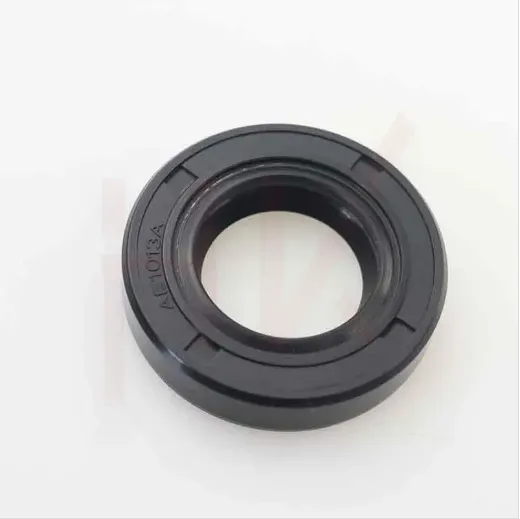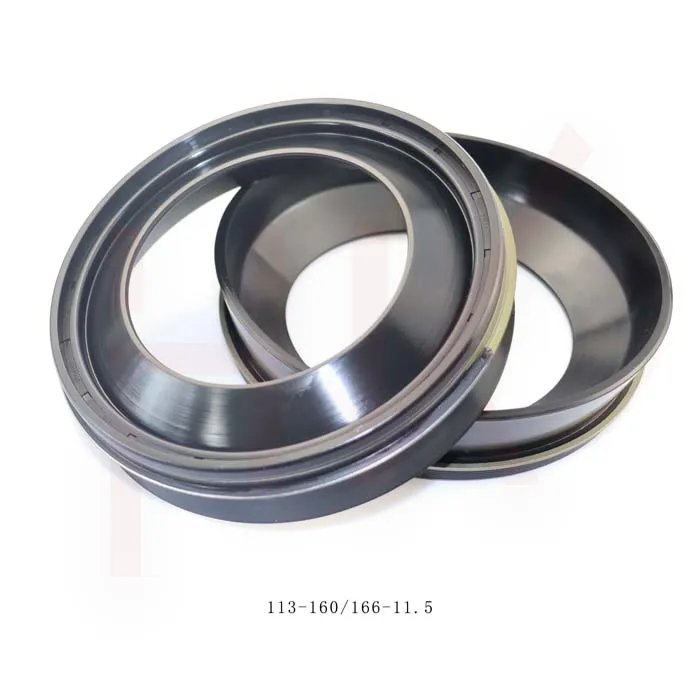- Afrikaans
- Albanian
- Amharic
- Arabic
- Armenian
- Azerbaijani
- Basque
- Belarusian
- Bengali
- Bosnian
- Bulgarian
- Catalan
- Cebuano
- Corsican
- Croatian
- Czech
- Danish
- Dutch
- English
- Esperanto
- Estonian
- Finnish
- French
- Frisian
- Galician
- Georgian
- German
- Greek
- Gujarati
- Haitian Creole
- hausa
- hawaiian
- Hebrew
- Hindi
- Miao
- Hungarian
- Icelandic
- igbo
- Indonesian
- irish
- Italian
- Japanese
- Javanese
- Kannada
- kazakh
- Khmer
- Rwandese
- Korean
- Kurdish
- Kyrgyz
- Lao
- Latin
- Latvian
- Lithuanian
- Luxembourgish
- Macedonian
- Malgashi
- Malay
- Malayalam
- Maltese
- Maori
- Marathi
- Mongolian
- Myanmar
- Nepali
- Norwegian
- Norwegian
- Occitan
- Pashto
- Persian
- Polish
- Portuguese
- Punjabi
- Romanian
- Russian
- Samoan
- Scottish Gaelic
- Serbian
- Sesotho
- Shona
- Sindhi
- Sinhala
- Slovak
- Slovenian
- Somali
- Spanish
- Sundanese
- Swahili
- Swedish
- Tagalog
- Tajik
- Tamil
- Tatar
- Telugu
- Thai
- Turkish
- Turkmen
- Ukrainian
- Urdu
- Uighur
- Uzbek
- Vietnamese
- Welsh
- Bantu
- Yiddish
- Yoruba
- Zulu
Sep . 02, 2024 17:45 Back to list
High Pressure Oil Seals in Electric Vehicles: Challenges and Solutions
As the automotive industry shifts towards electric vehicles (EVs), the demand for specialized components that ensure efficiency and reliability has surged. High-pressure oil seals, traditionally used in internal combustion engines, are now being adapted to meet the unique challenges presented by EVs. These seals are essential for maintaining the integrity of various systems within EVs where pressure management and fluid containment are critical. However, the transition to electric drivetrains introduces new challenges that require innovative solutions.
Unique Challenges in Electric Vehicles About High Pressure Oil Seals
The design and operation of electric vehicles differ significantly from traditional vehicles, creating unique challenges for high-pressure shaft. One of the primary differences is the absence of an internal combustion engine, which alters the types of fluids and pressures that seals must manage. In EVs, these seals are primarily used in cooling systems, transmissions, and battery packs, where they must handle different fluids and operate under different thermal and pressure conditions.
Another challenge is the higher operating speeds and temperatures associated with electric motors. EV drivetrains typically operate at higher RPMs than internal combustion engines, leading to increased friction and heat generation. Oil seal high pressure in these environments must be capable of withstanding elevated temperatures and maintaining their sealing capabilities without degrading. Traditional seal materials, which were adequate for internal combustion engines, may not perform as well in these more demanding conditions.
The increased use of environmentally friendly and specialized fluids in EVs also poses a challenge. Electric vehicles often use different lubricants and coolants that are more environmentally friendly but may have different chemical properties. High-pressure oil seals must be compatible with these new fluids to ensure long-term reliability. This requires the development of seals made from materials that can resist chemical attack and maintain their integrity over extended periods.

Material Innovation and Design Solutions About High Pressure Oil Seals
To address the challenges posed by electric vehicles, material innovation has become a focal point in the development of high-pressure oil seals. New elastomer compounds and composite materials are being engineered to withstand the higher temperatures and chemical exposures found in EVs. For example, fluorocarbon elastomers (FKM) and perfluoroelastomers (FFKM) are increasingly used for their superior thermal stability and chemical resistance. These materials offer the durability needed to maintain a reliable seal in the harsh operating environments of electric vehicles.
In addition to material innovation, the design of high-pressure oil seals for EVs has evolved. Traditional seal designs may not be sufficient for the higher RPMs and pressures encountered in electric drivetrains. Advanced seal designs that incorporate features like spring-loaded lips and reinforced structures are being developed to ensure that seals can maintain their effectiveness over the extended service life expected of EVs. These designs help to accommodate the higher dynamic loads and prevent leaks under high-speed conditions.
Furthermore, the integration of smart materials and sensors into seal designs is an emerging trend. These advanced seals can monitor their own condition in real-time, providing data on wear, temperature, and pressure. This allows for predictive maintenance, reducing the risk of seal failure and improving the overall reliability of the vehicle. Such innovations are essential for meeting the high standards of performance and reliability expected in the EV market.
Thermal Management and Cooling Systems About High Pressure Oil Seals
Thermal management is a critical aspect of electric vehicle design, and high-pressure oil seals play a vital role in this area. The cooling systems in EVs are responsible for maintaining optimal temperatures for the battery pack, electric motor, and power electronics. These systems operate under high pressure to ensure efficient heat transfer, and any failure in the seals can lead to overheating and potential damage to critical components.
High-pressure oil seals in EV cooling systems must be capable of withstanding constant exposure to coolant fluids and maintaining their sealing integrity under fluctuating temperatures. The development of seals with enhanced thermal resistance and low permeability is crucial for preventing leaks and ensuring the longevity of the cooling system. Additionally, seals must be designed to handle the thermal cycling that occurs during the operation of electric vehicles, where temperatures can rapidly rise and fall.
Compatibility with Eco-Friendly Fluids About High Pressure Oil Seals
As electric vehicles often use eco-friendly fluids that differ from those in traditional vehicles, compatibility becomes a key consideration for high-pressure oil seals. These fluids, which are designed to reduce environmental impact, may have different lubricating properties and chemical compositions that can affect the performance of seals. For instance, water-glycol coolants used in some EVs are less lubricating than oil-based fluids, potentially leading to increased wear on seals.
To address this, seals must be designed and tested for compatibility with the specific fluids used in electric vehicles. This may involve the use of coatings or surface treatments that enhance the seal's resistance to wear and chemical attack. Manufacturers are also exploring the use of hybrid seal designs that combine different materials to optimize performance in various fluid environments.
Hebei Hankai-Your Reliable High-Quality Rubber Seals Manufacturer
Rubber Seals are widely used in industrial fields. Only by purchasing from trustworthy manufacturers can quality and precision be guaranteed. Hebei Hankai is a leading manufacturer of high-quality rubber seals in China, With many years of industry experience and excellent reputation, is able to be your reliable supplier. Contact us now to get more information.
-
Reliable Oil Seal Wheel Hub Solutions for Industrial & Automotive Use
NewsNov.17,2025
-
Durable Front Hub Oil Solutions for Industry – HKAiSeal
NewsNov.17,2025
-
Wholesale Hydraulic Pump Motor Seal Kit A4VSO250 | In Stock
NewsNov.17,2025
-
Pump Seal Kits: Essential Components for Industrial Reliability
NewsNov.17,2025
-
TCV Oil Seal - Double-Lip, Spring-Loaded, High Temp & Wear
NewsNov.17,2025
-
Hydraulic Seal Kits: Reliable Solutions for Industrial Equipment
NewsNov.17,2025
-
Combined oil seal 659214 12001903B, fits 119990, NBR OEM
NewsNov.17,2025
Products categories
















